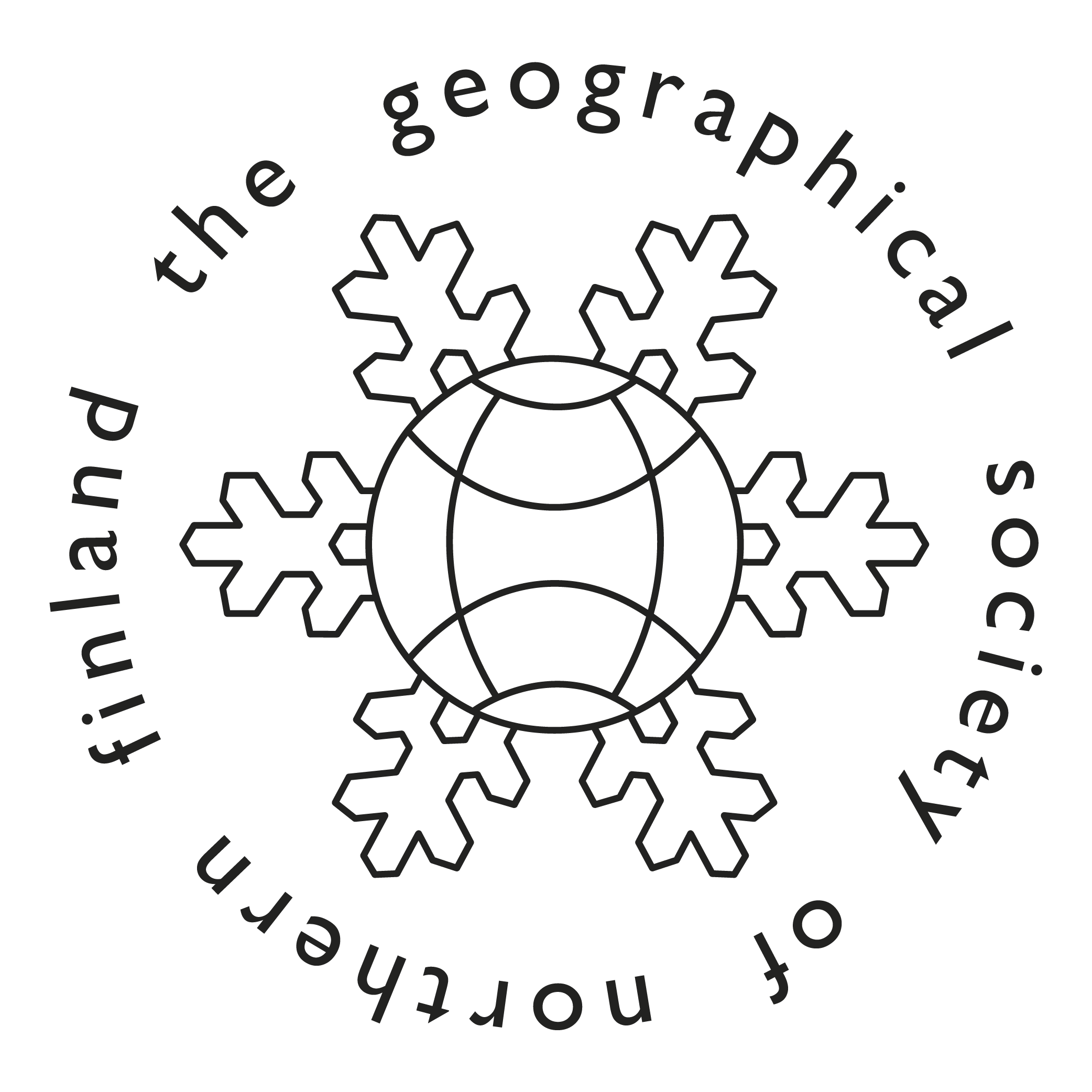Geopolitics of Cross-Border Cooperation at the EU’s External Borders
Discourses of de-and re-bordering, territorial perceptions and actor relations within the Finnish-Russian ENI cooperation network
Abstract
The study of borders has confronted us with a variety of new challenges within the contemporary global political environment that is characterised by re-bordering dynamics in the form of political speeches and practices that remind us of the modern form of territorial control that the state still aims to maintain. The EU attempts to confront conflicts and political challenges in its neighbourhood by establishing a cross-border strategy based on control and surveillance as well as economic, political and social integration through cross-border cooperation (CBC) practices. Thus, CBC also reflects a border security strategy because it supports the objective of the EU to stabilise the neighbourhood. I argue that cooperation, within the current geopolitical environment, is utilised by the EU as a securitising strategy at its external borders. This research examines how the discourse on ‘stable’ borders, formulated by the cooperation actors at various levels, securitises cross-border cooperation. This thesis studies the way in which CBC actors discursively contribute to the EU’s security strategy by analysing speech acts and practices formulated and enacted by the cooperation actors in the context of region-building, multi-level governance (MLG) and trust that are conceptualised as de- and re-bordering performativities.
The discourse on stable borders within CBC is examined in the context of the Finnish-Russian border. Finnish accession to the EU has transformed its national state border with Russia into an EU external border underlying specific requirements in accordance with the Schengen regulations. In conjunction with the establishment of the ENP in 2004, the EU has introduced a new CBC funding tool that aimed to enhance the integration of non-EU states into the cooperation frameworks. The European Neighbourhood Partnership Instrument (ENPI 2007−2013) and its successor, the European Neighbourhood Instrument (ENI 2014−2020) serve as the temporal and thematic methodological focus to investigate the discourse on stable and secure borders in the context of such cross-border regional structures.
This thesis consists of three articles that each reflect a specific analytical emphasis on the de- and re-bordering practices that are under scrutiny in this thesis – region-building, MLG, and trust – to analyse how they contribute to the discursive production of security in the external cross-border regions. The research material presents a multi-dimensional perspective consisting of policy documents, semi-structured interviews and public dissemination material. The material is analysed from a critical geopolitical perspective, which focuses on the study of power relations between actors. Discourse analysis, in accordance with critical discourse analysis (CDA) and discourse theory, form the methodological basis by suggesting that both texts and practices constitute the discourse. The results show that Finnish-Russian ENI CBC represents a securitising external border policy tool with regional and multi-level governmental characteristics that serve the security interests of the EU. Nevertheless, the Finnish sub-national actors have developed strategies to address and overcome the territorialities of Finnish-Russian ENI CBC by building trustful relations not only across the border but also with the institutional stakeholders in Helsinki and Brussels that are crucial in current diplomatic relations between the EU and Russia.
The ENI CBC programmes present a spatial configuration at the external borders, which requires a careful coordination to include different actors operating at various spatial scales simultaneously. This study suggests that critical geopolitical approaches towards conceptualising the border in the context of cross-border structures benefits from the inclusion of European governance literature, which in turn, has previously neglected the spatial perspective that critical geopolitics can offer for the study of EU external CBC.






